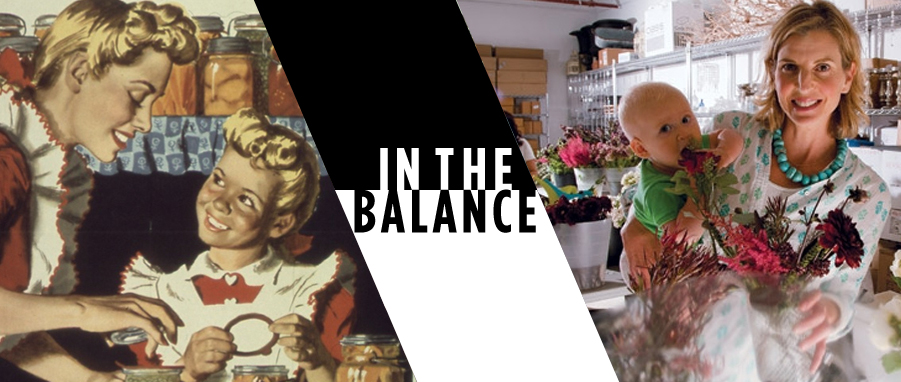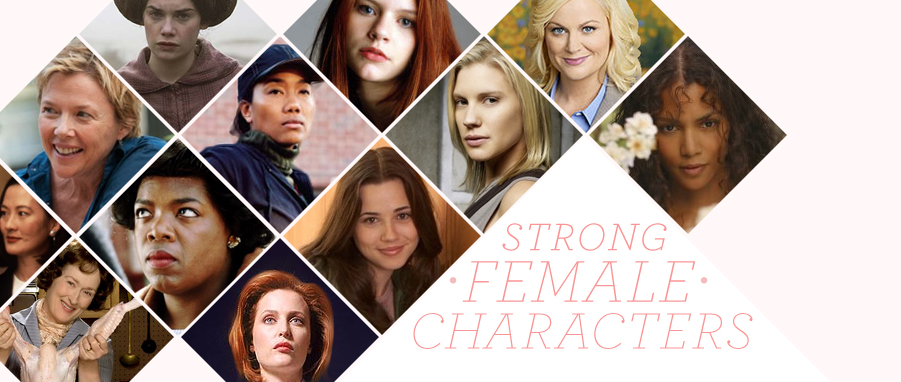Erin Van Genderen is a writer and editor currently based in west Texas, but now that she married into the military she anticipates moving soon. This thrills her, as she grew up in the same place as her great-grandfather was born and has an itch to see the world. Erin posts daily about food, travel, books and simple living at Little Dutch Wife.
I was probably too young to be reading Seventeen magazine.
I usually had enough discipline to finish my homework before sneaking into the magazines to read about periods, boyfriends, makeup, sex. I got a thrill from reading Seventeen, although it wasn’t so much about the content as it was the potential contraband nature of the publication itself. I credit much of my knowledge today about proper eyebrow plucking technique to those early days — nothing more risqué than that stuck with me.
And yet the best thing I ever found in Seventeen was a list of “25 Books to Read Before You’re 25”, compiled by then-First Lady Laura Bush for readers surely more interested in how to call a boy than how to read Dostoyevsky.
I ripped the pages from the magazine and later taped them to my bedroom door, where they remain today.
Two withered, sun-faded pages, held up by a few waxy strips of tape. I’m still a little short of twenty-five years and a few books short of finishing the list, but the ones I have read have colored my life in ways unimaginable to the twelve-year-old in the library.
Or perhaps it wasn’t the books, per se, that shaped my experience. Rather, they are the mementos that---with a cover image, a remarkable phrase remembered, a certain tear on the dust jacket---bring to mind a certain point in time. A personal library is a museum of sorts. Not one of old books, but one of places, people, events represented by those old books. What was I reading when I fell in love for the first time? What was I reading when I first traveled abroad?
Remembrances of those times are augmented by the books that got me through it all, those familiar pages like a friend. It’s often uncanny how the subject matter paralleled my own journey---but again, I wonder if it was my choosing the book or the book’s choosing me.
Here are five of my favorite books from that list:

Bless Me, Ultima
by Rudolfo Anaya
This novel is mystical, fantastic, and was for me an entry into Gabriel Garcia Marquez’ world of magic realism. Anaya writes of dusky desert towns, awash in witchcraft and religion, the horizon flecked with saguaros and the silence punctuated by coyote yips. It is a rich read.
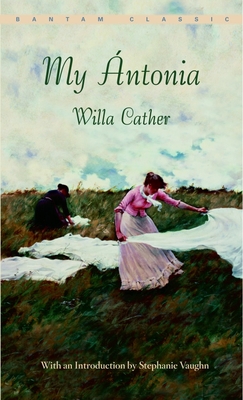
My Antonia
by Willa Cather
Bohemian immigrants, Nebraskan farmland, unrequited love and cultural differences; My Antonia was my grown-up version of Little House on the Prairie. As much as I loved Laura Ingalls as a girl, Cather didn’t have to dull the blade of settlers’ hardships to make it appropriate for a younger audience. Her descriptions of sod houses and plowing vast fields of flax are just as authentic as Ingalls’, but only more real.
It’s hard to get into the book without imagining yourself on the prairie with far-away horizon lines and nothing but gently undulating wheat in the wind, the sky so very blue. A dose of this book is my prescription for the cramped, too-much-city feeling that usually hits around summer.
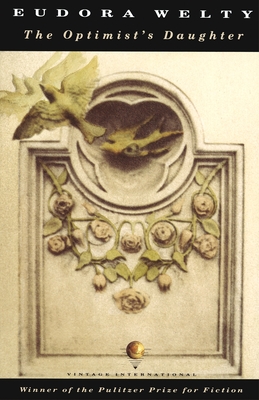
The Optimist’s Daughter
by Eudora Welty
Welty’s characters are so perfectly Southern that, at times, they seem like caricature, but I, being from the South, know that her words are true. Not all of us are dapper gentry or welfare queens, but then again some of us are.
It isn’t all joke, though. Welty’s father-daughter relationship is heart-rending, and struck a sad chord in me when I was preparing to cleave from my family and start my own home. The worst time I read it, I had to fight back tears in the reading room, the quietest place in the library and privy to each and every sniffle. The best time I read it was the first time.

The French Lieutenant’s Woman
by John Fowles
This was one of the first books in which I was continually struck by the author’s brilliance and intention, one in which I took notes about storytelling from his raw-but-humorous perspective. The title hints at scandalous rendezvous, but Fowles’ genius is that he never quite gets around to it, encouraging the reader to roar through the pages hoping for a glimpse of a petticoat or the officer’s pressed uniform, consequently, not so neat.
I read it while, incidentally, falling in love with a would-be American Lieutenant who would later become my husband.
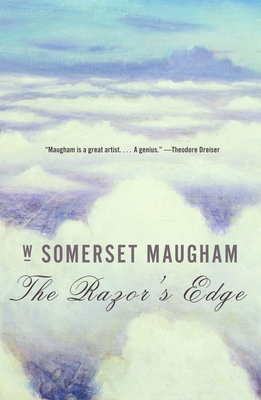
The Razor’s Edge
by W. Somerset Maugham
I was lonely when I read this book, and so the loneliness of a WWI veteran’s trauma resonated with me. The novel’s setting is a perfectly rumpled version of Europe, with a short stint in both twentieth-century America and the wasteland-cum-spiritual haven of India. Maugham traces a man’s journey to enlightenment, but only as reached through detachment and self-destruction for most of the characters involved.

Sophie’s Choice
by William Styron
This was a book that I first read when I was much too young. My lifelong (and perhaps morbid) attraction to Holocaust literature was stunted by my encounter with Styron, but after forgetting about the book for a few years I was able to read it again with an entirely fresh perspective. It has become one of my favorite books of all time.
Styron’s style, his characters---so rough, flesh-and-blood on the page with their neuroses and desires---tell a story of danger and history. The main character is consumed by his youthful yearning for a woman so marred by tragedy that he can’t escape her demise. It is passionate, incredible, harrowing, and should be read all at once.








 I can count the number of times I’ve seen snow on two gloved hands. It happens in Portland maybe once a year. When it does---or might and, usually, doesn’t---it’s the talk of the town. Schoolteachers make announcements to their classrooms and snow becomes the only topic of polite chatter in the grocery store checkout. “Looks like it’s going to snow, huh?” The day before its arrival we all watch the sky, every one of us an amateur meteorologist. The cloud cover holds the moisture, but too much won’t let in the cold.
I can count the number of times I’ve seen snow on two gloved hands. It happens in Portland maybe once a year. When it does---or might and, usually, doesn’t---it’s the talk of the town. Schoolteachers make announcements to their classrooms and snow becomes the only topic of polite chatter in the grocery store checkout. “Looks like it’s going to snow, huh?” The day before its arrival we all watch the sky, every one of us an amateur meteorologist. The cloud cover holds the moisture, but too much won’t let in the cold.












